Table of Contents
Toggle9 Out Of 10 Advisors Support: 20 Entertaining And Interesting Images For Emotional Wellness
It is alright to not be OK. That is a message we’re hearing increasingly more frequently, and it’s a positive forward-moving step in breaking down the disgrace encompassing emotional well-being. Humor assumes a tremendous part in this, particularly on the web, where images assist with making these discussions simpler and more engaging.
The Instagram page ‘Images For Emotional Wellness’ is adding to this work, sharing posts that are both entertaining and consoling. We’ve filtered through their images and selected probably the best ones for you. Track down them beneath, and don’t miss our talk with the page’s maker, Shawna, and analyst Sabina Nazarova for additional bits of knowledge and guidance on psychological wellness.
#1

#2

#3

#4
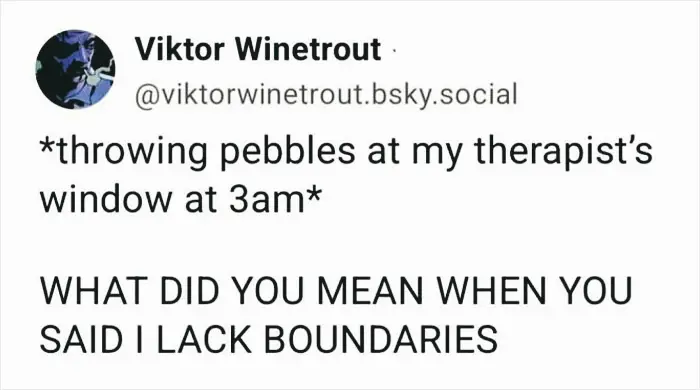
This shift is to a great extent because of the developing mindfulness and standardization of discussions encompassing profound prosperity. Shawna, the maker of ‘Images For Emotional wellness,’ is one of those individuals participating to this significant exchange. Exhausted Panda reached out to her to get familiar with what roused her to begin this Instagram account.
“I made this page in 2018 when I was hospitalized in a six-week long term/short term program after a psychological episode,” Shawna truly told us. “I had been battling with PTSD and undiscovered marginal behavioral condition since I was 11 years of age. In the medical clinic, I was formally determined to have PTSD, marginal behavioral condition, significant burdensome problem, and summed up nervousness jumble. I began this page since I realized nobody who had BPD and I wanted a place of refuge to be my entire self.”
#5
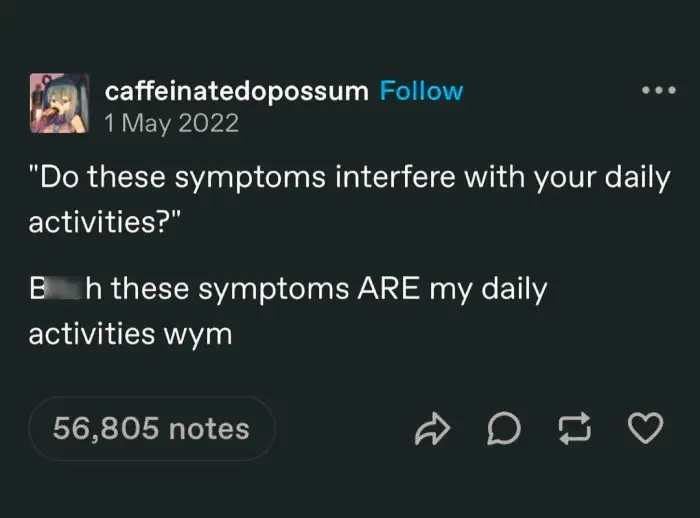
#6

#7

“Having BPD implies I here and there veil my character or conduct to keep up with companionships and connections,” Shawna made sense of. “Making [this Instagram account] has permitted me to vent through images and interface with similar individuals who grasp my battles. Running the page has provided me with an astonishing feeling of local area, but at the same time it’s been a stunner to how slandered BPD is.”
#8

#9
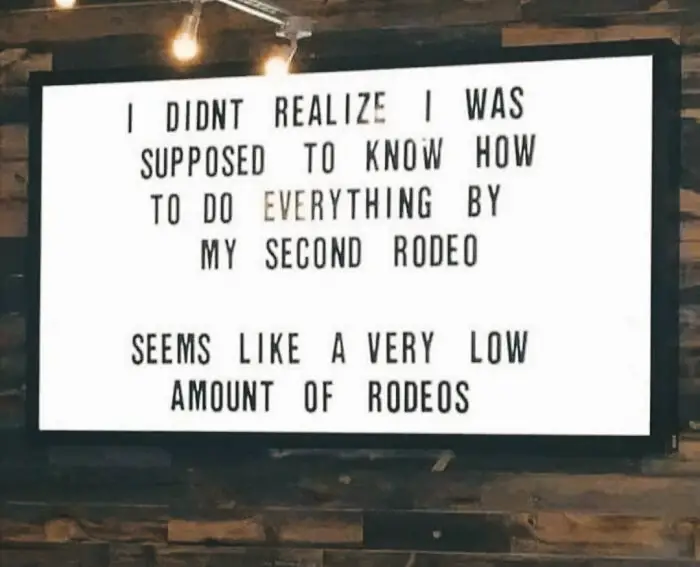
#10

“This page really saved my life,” said Shawna. “Having the option to communicate my sentiments secretly — toward the start, I was unknown — and cooperate with individuals who comprehended me was a life saver. I need to thank everybody locally who connects with my encounters. Please accept my apologies that you relate, yet I’m not too far off with you.”
Shawna’s process has been directed by “otherworldliness, prescription, treatment, local area, and love.” Yet, she perceives that the street isn’t smooth all the time. “I as of late had a backslide a couple of months prior and wound up in the emergency clinic in the wake of attempting to end my own life,” she shared. “Recuperating isn’t direct, and backslides occur. The significant part is that we get back up after the fall.”
#11
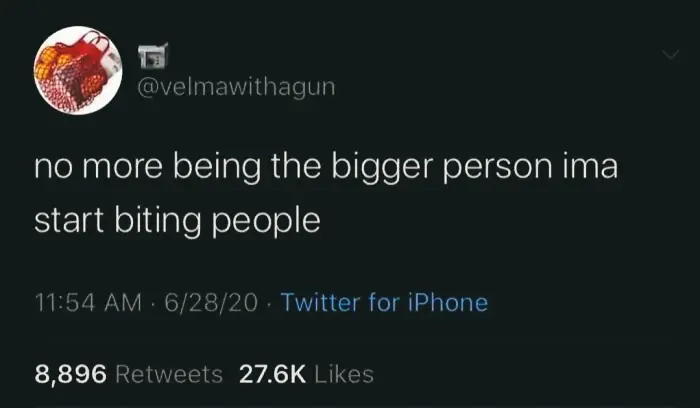
#12

#13
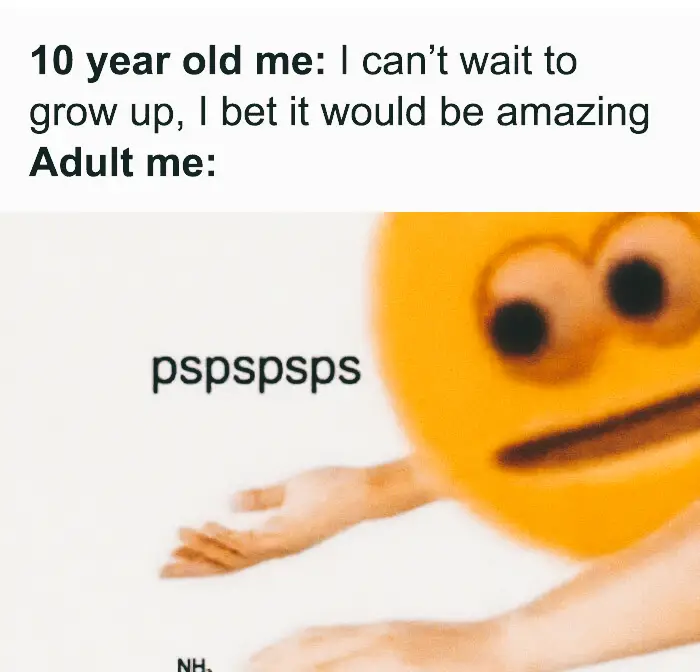
Shawna’s Instagram account is essential for a bigger pattern of online spaces committed to sharing elevating images. Ongoing exploration has demonstrated the way that images can to be sure assist with lightening side effects of psychological well-being issues and proposition an innovative source for communicating troublesome feelings.
Exhausted Panda talked with clinician Sabina Nazarova to get her interpretation of this. “Humor is a phenomenal instrument for psychological well-being, it can help us not act over the top with things and permits us to giggle together,” she made sense of. “In any case, depending entirely on humor or images can be unsafe. It could demonstrate aversion of more profound issues and forestall legitimate recuperating. Balance is critical — use humor, yet additionally look for alternate ways of keeping up with your psychological prosperity.”
#14
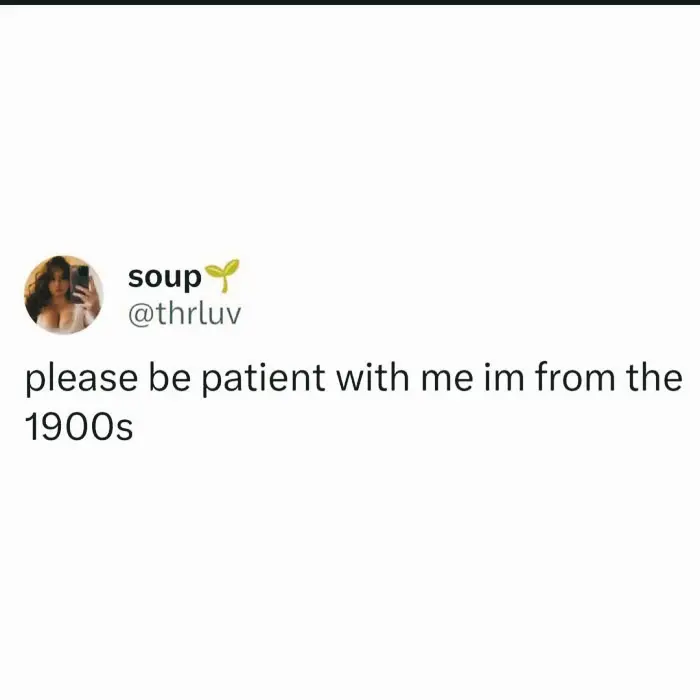
#15

#16
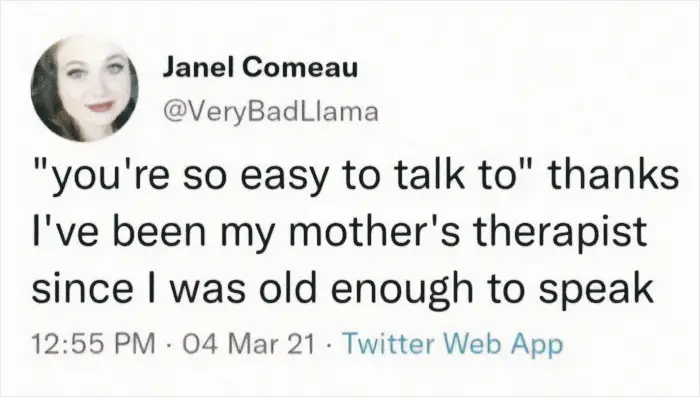
Albeit online entertainment has essentially progressed psychological well-being support, a few misguided judgments actually wait. Nazarova takes note that these days there are areas of strength for accentuation on freedom and independence, particularly among more youthful ages, who are frequently viewed as more individualistic than past ones.
“This can make an obstruction around requiring help, as many feel forced to areas of strength to seem independent. It’s fundamental to perceive that looking for help is an indication of solidarity, not a shortcoming and that local area and social help assume crucial parts in mental prosperity.”
“Certain psychological well-being conditions, such as egotistical and marginal behavioral conditions or schizophrenia, actually face significant shame. We want to deal with that.”
#17
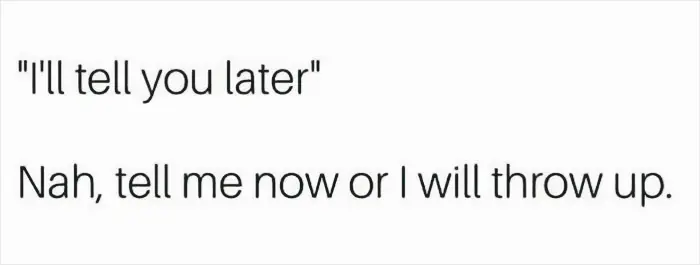
#18
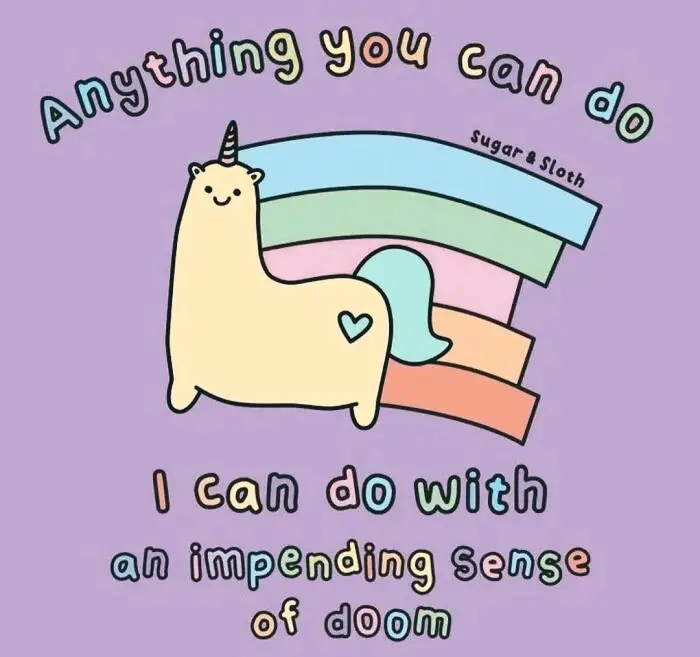
#19
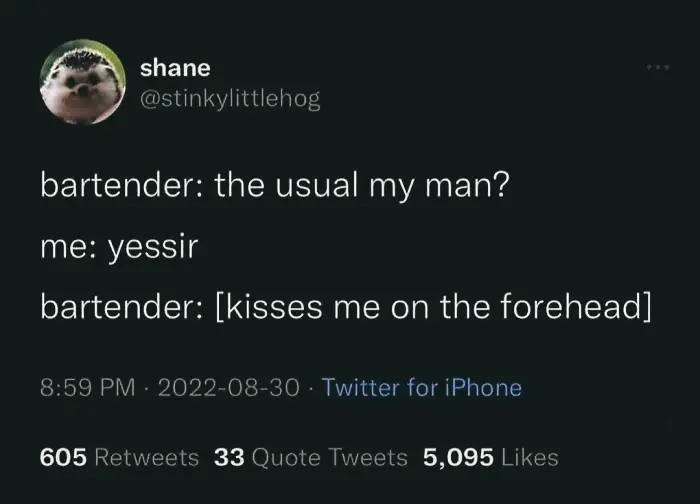
Nazarova sees that large numbers of us look for intercession just when our circumstances arrive at an emergency point. “Individuals frequently go to help when their connections, scholastic life, or vocation are impacted, or when they have actual side effects. Notwithstanding, our bodies and psyches offer us steady hints through social, profound, mental, and actual changes, as well as execution issues,” she said. “At the point when these progressions become hard to deal with alone, now is the ideal time to look for help. You can go to local area assets or basically visit a neighborhood center and register with a family specialist.”
#20
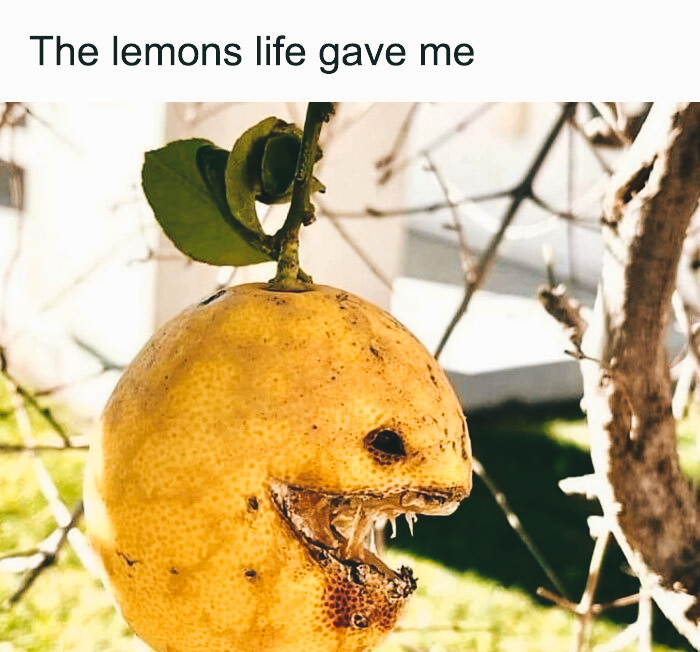
For individuals who are as yet dubious about the effect of expert assistance on profound well-being, Nazarova has a confident message. “The emotional wellness scene of this century is the most progressive we’ve at any point had, and we’re getting endlessly better consistently,” she said. “As a clinician, I’m not going to mislead anybody — I’m geeking outdone with this!”

